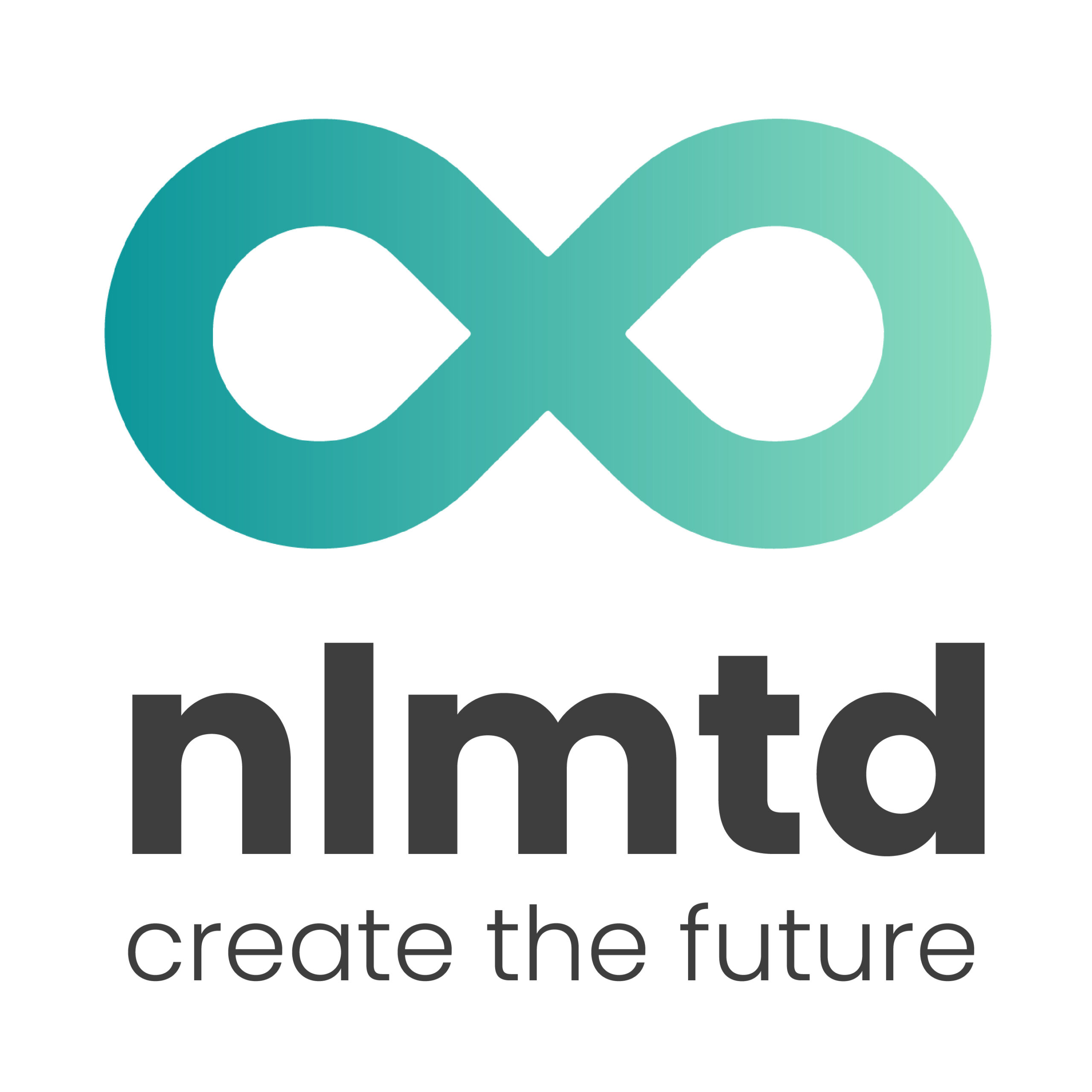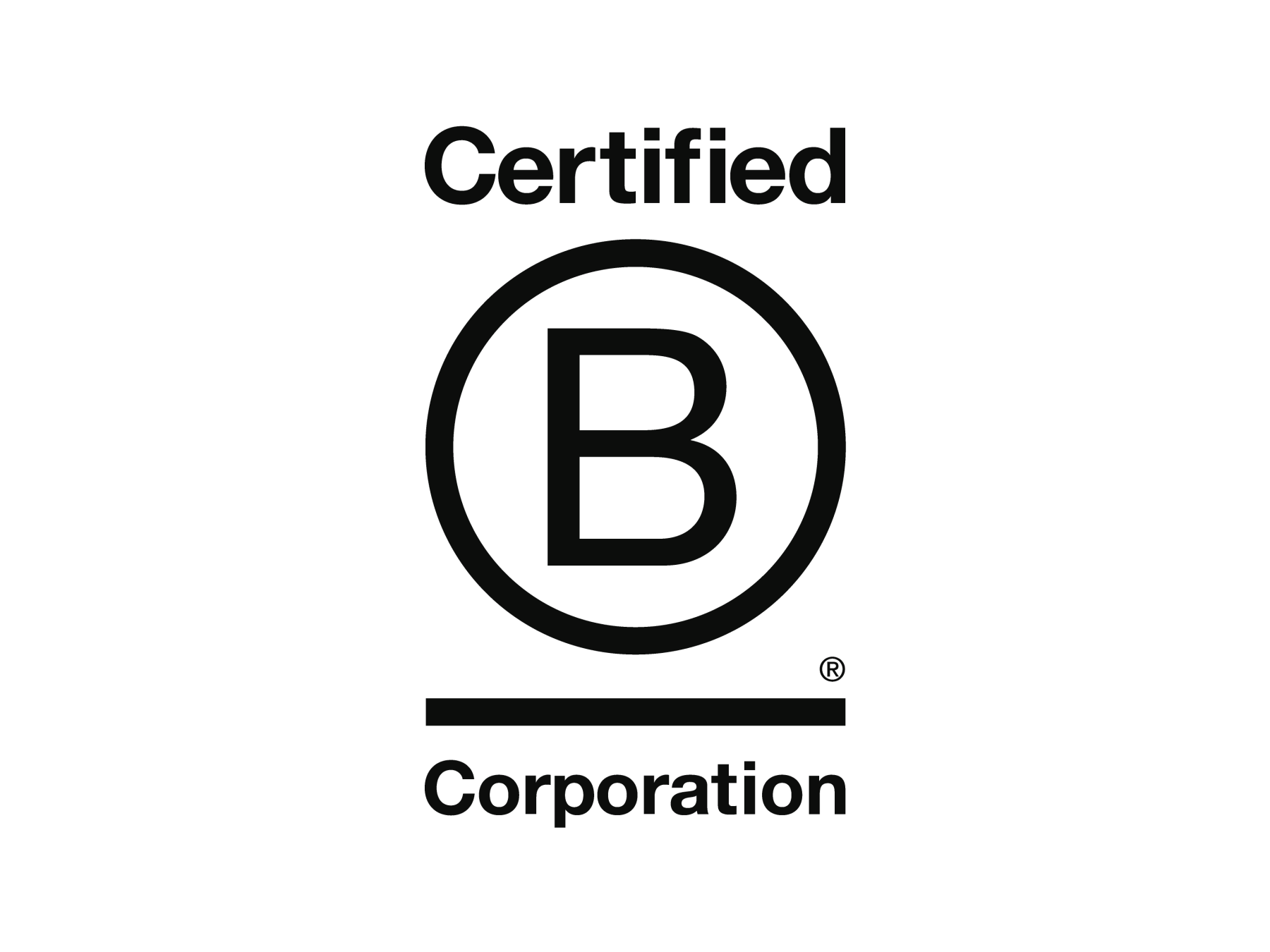As we already know and (social) media continuously reminds us: the world is changing faster than ever. We see (digital) innovation bringing new cool stuff and different business models to the market. We see changing customer needs and demands accelerating these business models and innovation, or maybe also the other way around: digital innovation driving new customer needs. This obviously means that companies will need to be agile and innovative to remain competitive.
However, there is also something else happening. A new generation of talent is entering the workplace. And this generation seems to be very different than generations before. It seems to be very hard to attract and retain this new generation called ‘millennials’. During a presentation I gave to business leaders of various companies I asked them “what keeps you up at night?’ And the main question most companies deal with is: how do I ensure that I have the right capabilities to be agile and responsive to all these changes?
So what are those new capabilities that most companies need? In this Digital age they not only need IT developers and digital (innovation) skills, but also strong strategists that help set direction and business model changers that can develop, pilot and implement new products and/or business models. Companies want to attract these kind of capabilities, but immediately run into additional questions: How do we build these skills? What if I require new and other skills than the ones I just attracted? Which (potential) employees have the capabilities that I need?
When we look at Talent, through the decades we’ve seen different generations enter the market place: baby boomers, generation X and early generation Y. Yes, each of these generations have different characteristics, but somehow their values and way of working are quite similar. The main drivers and values being hard work, status and title, career opportunities and obviously the paycheck. Next to that there is a common belief that the most senior guy (yes guy – not that strong in gender equality as well) in the room is the expert.
But what happens now? This new generation called millennials comes into the workspace! They’re looking for flexibility in work and focus on personal development instead of career development. Also purpose is a main priority, but most of all the entire generation seems quite cocky. “Not the most senior guy in the room is the expert in these new capabilities and development, I am!” is their core line of thought. And to be honest, they do seem to be quite strong in these new capabilities and skills that corporates need (even though they have so much to learn experience wise)! But when we think about it this might not even be that strange. They grew up in a world where smartphones, apps, social media and new business models are ‘their normal’, and knowledge is widely available instead of gathered trough time.
So, companies need to change faster than ever and many of the required capabilities for these changes are strongly developed in millennials. The problem then becomes how to attract these new professionals? Their values and needs are very different. They don’t want to stay in the same job or company. They continuously want to do new things, travel across the world and want to do good in the world.
I’ve listed a few things that might help coping with these challenges.
• Flexibility in your workforce is key. We are moving towards a ‘gig economy’. “A gig economy is essentially a system in which temporary positions are common and organisations contract independent workers for short-term engagements.”Therefore, don’t try to fill all your positions with fulltime contracted employees, but realise/hire a flexible shell of highly skilled people.
• Create special forces. These are teams that focus, for instance, on new business model development outside the normal organisation. Give these teams clear targets on business models developed, tested, piloted and implemented. The teams can best be a combination of internal people that know the business and fresh thinkers from outside the company that bring new ideas and perspective. This also works very well for (agile) scrum development teams
• Let them demonstrate and evolve their (entrepreneurial) skills, and ensure flexibility in work hours and/or time to travel if you do want to hire millennials. And last, but not least, make sure that they’re working on things close to their heart. Purpose is their most important driver.
As I noticed that very few companies currently have such a talent model, I co-founded nlmtd (pronounced “unlimited”). At nlmtd we help companies become and/or stay future-proof. We offer a flexible shell of highly skilled people that focus on:
1. Setting direction (strategy),
2. Work together with clients in special forces teams on Innovation/business development.
3. Help companies make the transformation through for instance agile product development and management.
For our employees flexibility and purpose is key. Our team members can chose to be self-employed or have a contract. When they do have a contract it does not have a limit on vacation days, to be used when they want or need some time off. But most of all, our employees are only staffed on projects that are close to their heart. Because, I strongly believe that when people are enthusiastic about their work, their motivation will drive excellent results.
Happy to talk to companies that would like to work with us or talents that want to join our movement. Become future-proof. Be nlmtd.





